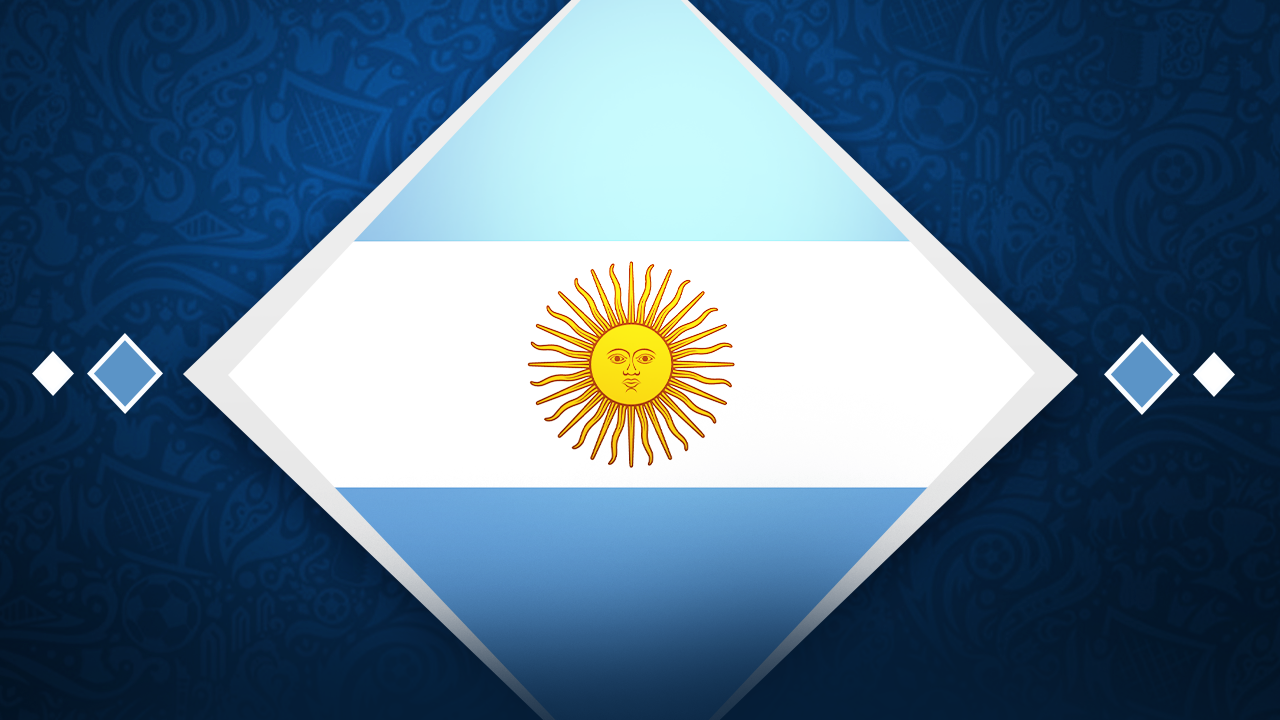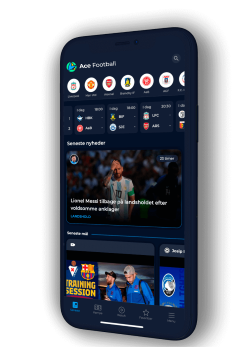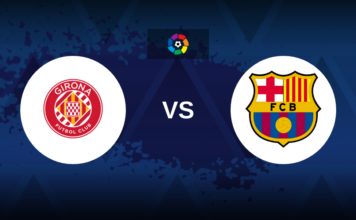Diego Maradona is often remembered for his legendary performances in Europe, particularly during the 1986 World Cup and his iconic tenure at Napoli.
However, a crucial chapter of his career—the years before he set foot on European soil—is often overlooked. Long before the world knew him as the “Hand of God” or the hero of Naples, Maradona had already established himself as the best player on the planet while still in Argentina, playing for Argentinos Juniors and Boca Juniors. This article delves into the remarkable early years of Maradona’s career, where he was already a superstar and an undeniable talent.
The Prodigy at Argentinos Juniors
Maradona’s journey into football stardom began at the age of 9 when he joined Argentinos Juniors. Even at that young age, his talent was undeniable. As one coach famously remarked, “They say people witness at least one miracle in their lives, but most do not even realize it. I certainly did… It came on a rainy Saturday in 1969, when a kid did things with the ball that I’d never seen in my life.” By the time he was 11, his team had gone 136 matches without defeat, and the biggest newspaper in Argentina, Diario Clarín, had already published stories about “a street kid with the class and manners of a star.”
By 15, Maradona was a household name in Argentina. He had ascended five youth levels in just one year and was brought into the Argentinos Juniors first team by a desperate manager looking to avoid relegation. The moment Maradona stepped onto the pitch, he left an indelible mark. His first touch resulted in a nutmeg, and by the final whistle, even the visiting fans gave him a standing ovation.
A Star on the Rise
Over the next few years, Maradona continued to defy expectations. Between the ages of 15 and 21, he scored 144 goals and provided at least 56 assists in 206 matches for Argentinos Juniors—a staggering feat, especially considering the team had been on the verge of relegation before his arrival. Despite his young age, he was a creative midfielder who dominated the field, and by 1979, at just 18 years old, he was named the best player on the planet by the prestigious Italian sports magazine, Guerin Sportivo. This was the same year the magazine founded its World Player of the Year award, which Maradona won at such a young age, indicating his already unmatched prowess on the pitch.
During this time, the Ballon d’Or was awarded only to European players, a fact that often leads to the misconception that Maradona’s prime was short-lived or marred by his later troubles. However, had non-Europeans been eligible, Maradona would have likely swept the awards from the moment he first stepped onto the pitch.
The Under-20 World Cup and Domestic Dominance
In 1978, Maradona was on the brink of making Argentina’s World Cup squad at just 17, but was controversially left out at the last minute, a decision that left him devastated. However, he channeled this disappointment into his performances on the field. By 1979, he led Argentina to victory in the FIFA Under-20 World Cup, scoring six goals and taking home the tournament’s Best Player award. That year, Maradona also finished as the top scorer in Argentina’s Nacional Championship, a feat he would continue to achieve for the next few seasons.
Despite his individual brilliance, Argentinos Juniors were often a one-man team, unable to capitalize on Maradona’s contributions in terms of silverware. Offers from European clubs and domestic giants like River Plate came pouring in, but the Argentine military dictatorship refused to let him leave the country. Eventually, in 1981, Barcelona secured his signing for a world-record fee of $7.6 million, but not before Maradona fulfilled his dream of playing for Boca Juniors.
Saving Boca Juniors
Maradona joined Boca Juniors on loan in 1981 and immediately made an impact. In his first game, he scored twice and assisted two more. By the end of the Metropolitano Championship, Maradona had led Boca Juniors to the title, his first major club trophy. His influence was undeniable, as he finished the season with 44 goal contributions in 40 matches, including a remarkable ten goals from free kicks—two more than Lionel Messi ever managed in a single season.
The Legacy of Maradona’s Early Years
Maradona’s early years in Argentina were nothing short of extraordinary. By the time he left for Barcelona, he had already cemented his place as one of the greatest footballers the world had ever seen. His influence extended beyond the pitch; his transfer fee revitalized Argentinos Juniors, allowing them to build a team that would go on to win the Metropolitano title and, later, the Copa Libertadores.
Today, Argentinos Juniors’ stadium bears his name, not because he won titles with them, but because his presence transformed the club and left an indelible mark on its history. Maradona’s early years were not just a prelude to his later success—they were the foundation of his legend. Had the world recognized his talent from the start, Maradona would have been a perennial contender for every major award in football from his teenage years onwards. As history remembers his triumphs in Europe, it’s crucial to also celebrate the incredible feats he accomplished on his home soil.







